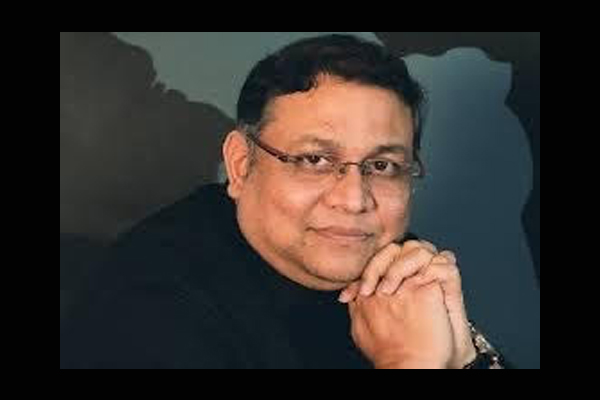For more on radio and music business news. | Click on RNMBiz

MUMBAI: The Indian media and entertainment (M&E) industry is currently witnessing a period of robust growth, driven by the increasing popularity of OTT platforms, substantial government support for digital infrastructure, and a burgeoning passion for cinema. However, as Kaushik Das, Founder and CEO of AAO NXT, points out, there are still critical issues that need to be addressed in the upcoming Union Budget to sustain and enhance this growth trajectory. Das highlights several challenges, with the Tax Deducted at Source (TDS) system being a primary concern. "One major challenge involves the TDS system. Currently, taxpayers face significant difficulties in reconciling TDS with their income due to timing differences. To alleviate this burden, it would be beneficial if the Income-tax Act allowed for TDS credit as reflected in Form 26AS for the corresponding year," he states. Advertising agencies are also feeling the strain under the current TDS framework, which impacts their cash flow due to TDS being applied to the gross billing amount. "Lowering the TDS rate on payments from advertisers to these agencies would help ease this financial strain," Das suggests. Another pressing issue is the classification of payments to foreign satellites and data centers as royalties or fees for technical services, making them subject to withholding tax. Das calls for clarity on this matter: "Clarifying that these payments are not taxable in this manner would greatly assist M&E companies utilizing these services." Additionally, the rules for carrying forward losses during company amalgamations need to be expanded to include M&E sector companies. This, according to Das, would foster growth and consolidation within the industry. On the Goods and Services Tax (GST) front, Das advocates for the implementation of proposed changes from the recent GST Council meeting. These include the amnesty scheme for waiving interest and penalties and reducing pre-deposits for filing appeals. "Implementing these changes would significantly reduce ongoing litigations and create a more supportive business environment," he notes. A significant concern for the industry is the taxation of online games. The sector is pushing for a 28% GST on Gross Gaming Revenue rather than the total amount deposited by players. Das emphasizes that this would align the tax structure with industry needs. Focusing on OTT platforms, Das acknowledges their revolutionary impact on content consumption and distribution. However, he points out that the sector faces specific challenges, particularly in terms of regulatory clarity. "The government’s continued support for digital infrastructure is crucial in sustaining this growth. Streamlining regulations around content and taxation policies that reflect the unique nature of OTT services would not only enhance compliance but also encourage further investment in the sector," he asserts. Das also aligns his expectations with the government's broader vision. "The government's ambition for a 'Developed India' by 2047 is commendable. Favorable policy and tax measures for the M&E sector, especially focusing on the rapidly evolving OTT space, in the upcoming budget will be crucial in driving the industry's growth and achieving this vision," he says. In conclusion, Das reiterates AAO NXT's commitment to innovation and regional storytelling. "At AAO NXT, we are committed to fostering innovation, promoting regional storytelling, and contributing to the vibrant digital entertainment landscape in India and beyond," he declares.